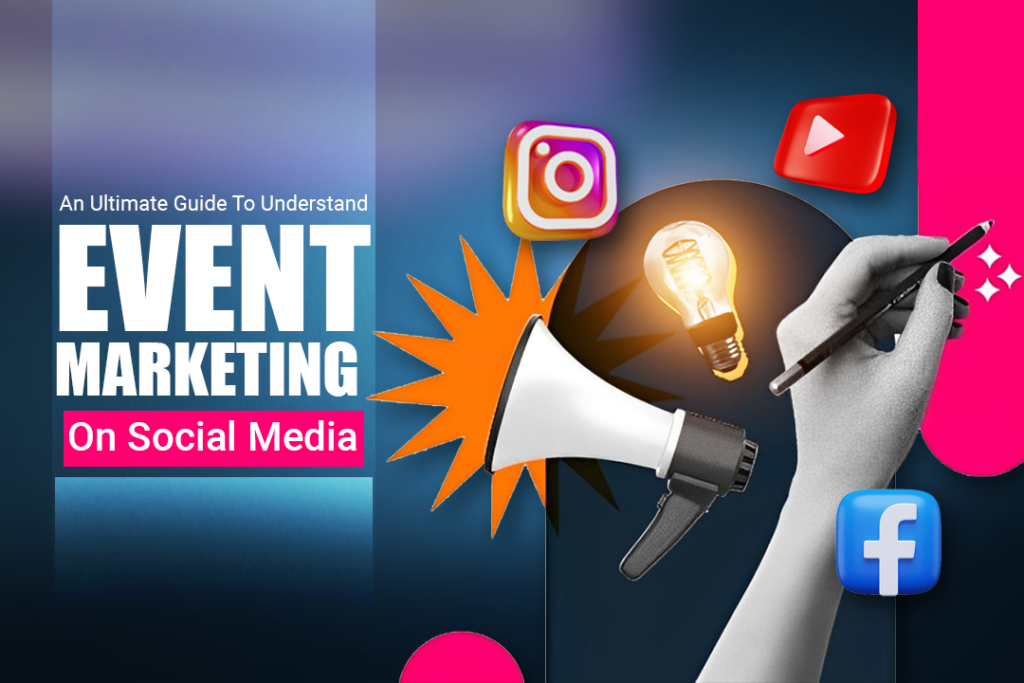
Social media acts as a catalyst for transforming the overall event experience into something highly immersive and memorable. It’s where event marketers create buzz around events to get the maximum number of people interested in participating. With over 5.22 Billion social media users across the globe, social media channels are the fastest and most cost-efficient way to reach potential audiences. Event marketing on social media is the gateway to attracting potential event attendees. Meaningful content and effective strategy can help attract potential event attendees and create brand awareness.
You can read more about creating social media strategies that align with your brand/event objectives here: How to Build B2B Social Media Strategies: 13 Effective Ways.
Evolution of Event Marketing in the Digital Era
With social media pages and event management software, event marketing has transformed drastically in the past two decades. In 2010, if someone said they came to attend an event by reading about it on Facebook or Instagram, that would be an anomaly. But in the present day, social media is an extension of brands and people.
Event marketing has evolved from traditional offline marketing to establishing a solid online presence that empowers event marketers to connect with their target attendees in new and exciting ways.
As technology advances, event marketers like you have wholeheartedly embraced digital tools and platforms to create more immersive, personalized, and interactive experiences for your audience. It’s an exciting journey of adaptation and innovation that defines the modern era of event marketing.
To understand event marketing strategies, read A Comprehensive Guide of Event Marketing Strategies That Guarantee Success.
Role of Social Media in the World of Event Marketing
The use of social media for event marketing has opened unprecedented opportunities in a digitally connected world.
As you go through this article, you’ll find new ways to integrate event marketing into social media and leverage the same to achieve maximum reach.
Let’s dive into the boundless potential of event marketing on social media and redefine how you connect with your audience.
1. Optimizing Audience Reach and Engagement
Extending your reach is essential in event marketing on social media. You must identify the audience segments most aligned with your objectives. Embrace real-time interaction, participate actively, and engage with potential audiences.
For example,
You can arrange live chat streaming between your audience and industry experts on the ideal social media platforms to reach the relevant audiences. To generate buzz, you can post pre-event teasers, countdowns, and sneak peeks of the event.
2. Real-Time Interaction and Feedback
In the ever-changing world of event marketing on social media, fostering live interactions and gathering immediate feedback has proven to be a true game-changer. Thanks to the versatile features of social media platforms, you can establish a lively conversation with your audience. This way, you can explore the art of real-time interaction and feedback.
You must create inclusive experiences for both on-site and virtual participants. Along with this, leverage live-streaming platforms for real-time engagement. You must encourage attendees to share their experiences and acknowledge their contributions and creativity. Hosting Live Q&A Sessions with Speakers and Presenters will accelerate real-time interaction with your potential audience.
Have a glance over a few relevant examples.
Whenever any comment or message is received, you should reply promptly and let them feel they are heard and valued.
Use polls, surveys, and interactive features for quick feedback. If you receive negative feedback, deal constructively and address concerns and queries in real-time.
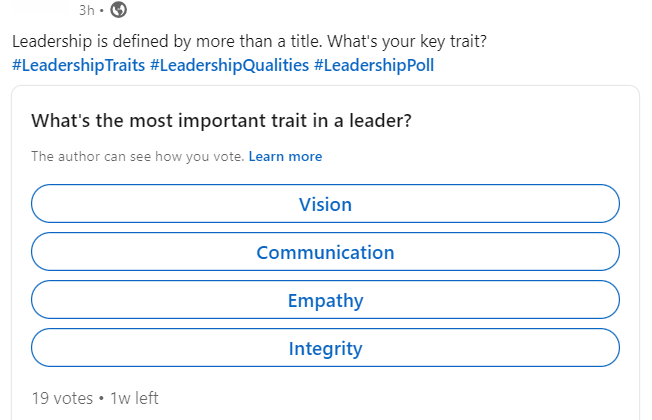
You must utilize polls, surveys, and interactive features for quick feedback. If any negative feedback is received, deal with it constructively and address concerns and queries in real time.
Strategize Your Event Marketing on Social Media Approach
Strategizing your event marketing on social media requires careful planning and execution.

Successful event marketing on social media requires consistency, ability, and creativity to adapt to changing trends and audience preferences. Following these steps and staying engaged with your audience will increase the feasibility of a successful event.
1. Defining Clear Objectives and Goals for Your Event
Define what you want to achieve with your event marketing through social media campaigns. Are you aiming to increase the number of new ticket buyers, boost brand awareness, engage with a specific target audience, or all of the above? Your goals will guide your strategy.
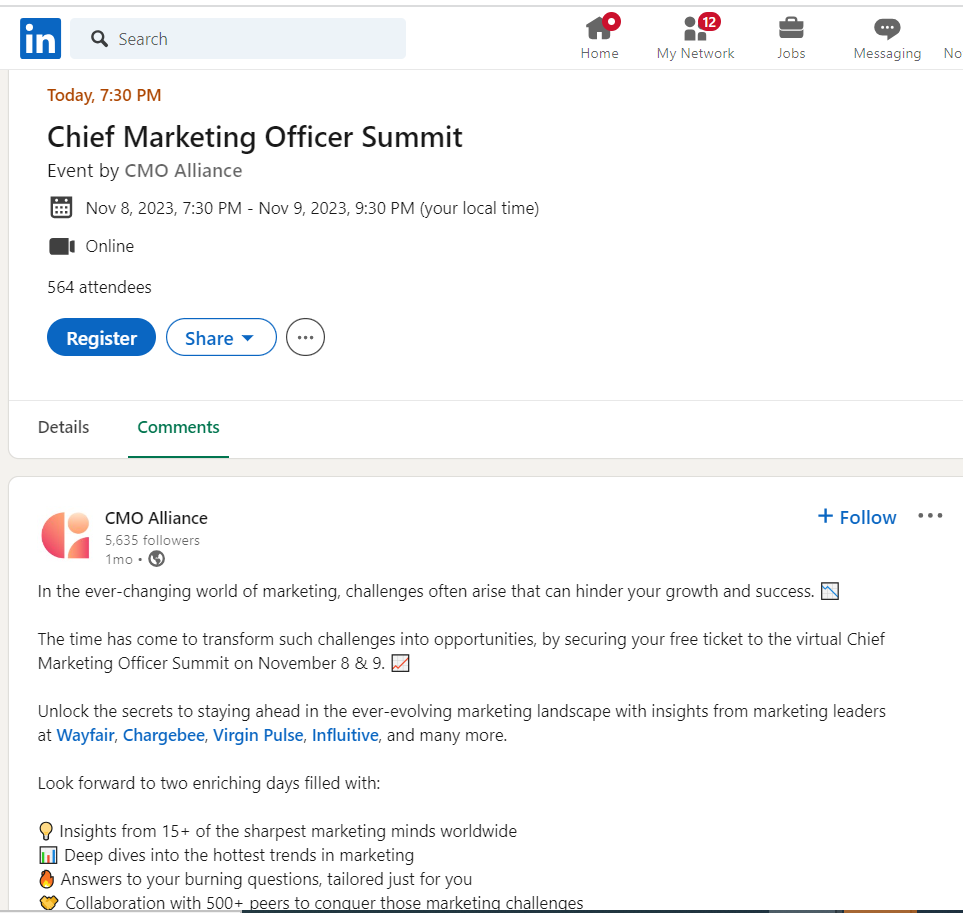
The given example of an upcoming online summit where they have expressed the event’s objectives, scheduled time, and registration details.
2. Understanding Your Target Audience and Their Preferences
Understanding your target audience will help you tailor social media event marketing. You must consider the demographics, psychographics, purchasing behavioral patterns, communication preferences, etc, of your target audience. This knowledge will help you create social media content to resonate with them.
Knowing your audience is not just for selling a product, but it’s about building relationships, providing value, and adapting to the dynamic nature of markets and consumer behavior. It’s a strategic approach that enhances every aspect of your business.
Understanding your target audience is an ongoing process. Regularly reassess and adapt your strategies based on changing preferences and market dynamics.
“The most powerful thing about social media is its opportunity to get close to your audiences and understand what they want. And if you don’t know what people want, ask. If you don’t do that research, your content will fail.”
– David Blundell, global social media manager at the British Council
Building Pre-Event Excitement and Buzz
Building pre-event excitement and buzz on social media is crucial for creating anticipation and driving attendance to your event.
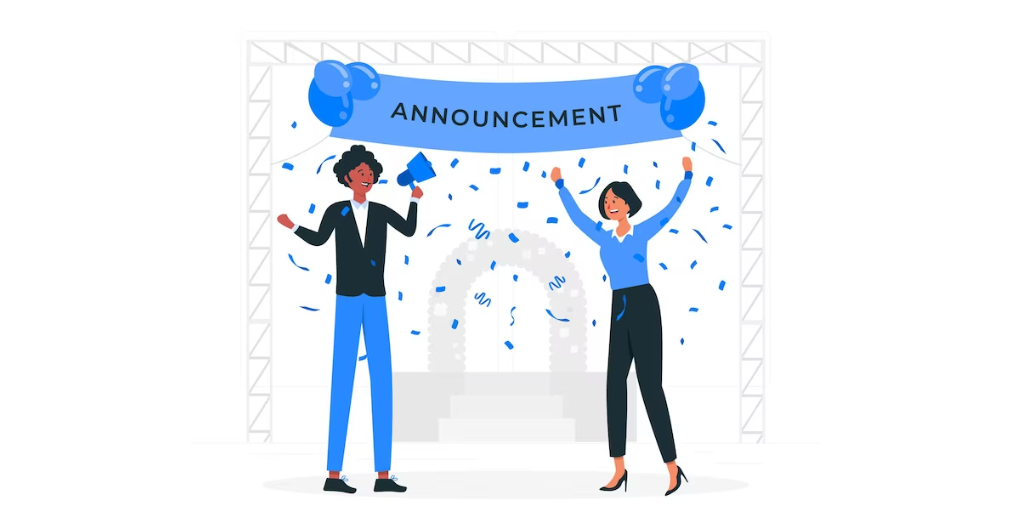
Implement the following strategies to create a sense of excitement and anticipation that encourages people to attend your event.
1. Crafting Teasers, Countdowns, and Exclusive Previews
You can share sneak peeks and teasers of what attendees can expect at the event. It could include snippets of behind-the-scenes preparations, teaser videos, or images of special features, speakers, or performers.
You must start a countdown to your event by posting regular updates with the number of days or weeks left until the big day. Use engaging visuals and compelling copy to build anticipation. Also, create short teaser videos that capture the essence of the event, showcasing its key features, speakers, entertainment, and overall experience.
Tech in Asia Conference 2023 – Teaser
The video shows a teaser of Tech in Asia Conference 2023. Tech in Asia is the largest English-language technology media company focusing on Asia. From the latest news to the hottest trends and the boldest startups to the strongest titans, they cover everything tech in the region. Their goal is to build and serve Asia’s tech and startup community.
2. Running Contests and Giveaways to Ignite Interest
Organize live Q&A sessions with event organizers, speakers, or performers for event marketing on social media. Allow followers to ask questions about the event and its highlights.
Engage your audience by running polls and surveys related to the event. Ask for their input on preferred event themes, activities, or potential giveaways.
The example shows a LinkedIn poll conducted by the B2B zone. The B2B technology zone website assists executives, entrepreneurs, and IT enthusiasts make well-informed decisions. They are asking to cast a vote on how the cloud fits into followers’ digital journey. Likewise, hold most generic pre-event contests or giveaways that require participants to engage with your content, for instance, sharing a post, tagging friends, or answering event-related questions.
3. Showcasing Behind-the-Scenes Preparations
Post behind-the-scenes content that gives followers a glimpse into the event’s preparation process. It creates a sense of exclusivity and involvement.
If you have special guests or notable speakers attending your event, announce them on social media. Highlight their achievements and contributions to pique interest and credibility.
‘Behind the scenes’ of The Franchise Expo 2023. The fastest-growing company in North America, Franchise Expo, offers franchises for sale in the most popular US and Canada regions.
Selecting the Right Social Media Platforms
Selecting the right social media platforms for an event marketing plan is essential to effectively reach and engage your target audience.

Social media trends evolve, so keep an eye on emerging platforms and shifts in user behavior to adapt your sound strategy accordingly. Also, you can be present on some selected social media platforms. It’s better to have a robust and focused presence on a few platforms where your target audience is active than to spread your efforts too thin.
1. Facebook
For effective event marketing on Facebook, kickstart your strategy by creating a dedicated Event Page with all the essential event details. Keep your audience engaged by sharing informative content, including event updates, behind-the-scenes insights, speaker profiles, teasers, and relevant articles. Explore Facebook’s event-specific features, such as banners and discussions, and encourage invites from your network.
You may harness Facebook’s advertising platform with targeted ads and boost your event-related posts for specific audience targeting to reach a wider audience. For real-time interaction, use Facebook Live to share behind-the-scenes content and interviews. As the event date nears, maintain excitement with event reminders through posts and utilize Facebook’s “Event Reminders” feature to ensure a strong turnout. It is a powerful tool for successful event marketing.
Facebook Event Page of Agile Testing Days 2023: the event page discusses speakers’ bios, sessions, workshops, social events, and open spaces. It also provides information about the venue and how to register.
2. Instagram
Use Instagram for event promotion by setting up a particular event account. Share high-quality images and videos to showcase your event’s uniqueness, and use engaging captions and relevant hashtags for context and discoverability. Utilize Instagram Stories and Reels for real-time updates, deeper insights, and entertaining content. Encourage attendees to share their experiences with your event’s hashtag, and foster a sense of community by reposting user-generated content.
An Instagram post featuring one of the speakers of PVx, Nicola Kastner, Global VP of Event Marketing Strategy, SAP.
Extend your reach through Instagram’s advertising platform, integrated with Facebook Ads, for targeted ads, including photos, videos, and Story ads. Engage with your audience through live sessions like Q&A, behind-the-scenes tours, and speaker interviews. If your event involves merchandise, use Instagram Shopping to promote items in your posts. It is a dynamic tool for driving event attendance.
3. Twitter
Twitter is a powerful platform for event marketing, offering real-time engagement and broad reach. Create a dedicated event hashtag to boost visibility and maintain audience engagement by sharing diverse content, including updates, behind-the-scenes glimpses, and countdowns. Participate in relevant chats, use polls for engagement and insights, and live-tweet during the event for virtual attendees.
Acknowledge attendee engagement by retweeting their event-related posts. Extend your reach with Twitter ads for targeted demographics and promoted tweets. Consider Twitter-exclusive giveaways and collaborations with sponsors or partners to expand your event’s visibility and engagement. Twitter’s real-time conversations make it a valuable tool for your event marketing strategy.
The official Twitter account of the DMIEXPO event used industry-relevant hashtags. DMIEXPO is the digital & affiliate marketing conference and expo bringing the leading affiliate marketers and digital marketing experts together for one fantastic event.
4. LinkedIn
For effective event marketing on LinkedIn, start promoting well in advance with anticipation-building posts mentioning key speakers, sessions, and event features. Keep your audience engaged through regular updates, friendly reminders, and countdowns, maintaining a consistent visual theme with eye-catching visuals created with tools like Canva. Use LinkedIn articles or posts to share valuable insights about your event’s theme, positioning yourself as an authority in the field.
Like the stated example, build a sense of community by engaging with registered attendees, sharing exclusive updates, and encouraging attendees to share their excitement as the event date approaches.
Explore LinkedIn’s advertising options like sponsored content, sponsored InMail, and display ads to target a specific audience of professionals interested in your event. This proactive approach will make your LinkedIn event marketing strategy effective.
Like the stated example, build a sense of community by engaging with registered attendees, sharing exclusive updates, and encouraging attendees to share their excitement as the event date approaches.
Explore LinkedIn’s advertising options like sponsored content, sponsored InMail, and display ads to target a specific audience of professionals interested in your event. This proactive approach will make your LinkedIn event marketing strategy effective.
To know more about how to promote an event on Linkedin, read our article, 10 Sure-fire Techniques to Effectively Promote an Event on LinkedIn.
TikTok
There are an estimated 2.05 billion TikTok users worldwide, which is set to rise in the future. This makes it a potent tool for event marketers to promote their events before, during, and after the event.
Make the most of your creative team’s abilities to create entertaining and engaging content to generate buzz for the event. You can capitalize on trends to get your TikTok videos to go viral. Just like other platforms don’t forget to use relevant hashtags to reach a wider audience. If you have a unique event-specific hashtag, then use that.
Partner with popular TikTok influencers to make announcements about your event. You can also get them to reveal your event lineup (of activities and speakers). Make the most of community engagement as TikTok thrives on community-driven content. Lastly, analyze and optimize the content you post for the best results.
Creating Compelling Content for Event Marketing on Social Media
Creating compelling content for event marketing on social media is essential to grab the attention of your target audience and generate interest in your event. You must provide value and authenticity, generating excitement through your content. Mix different content formats and strategies to keep your audience engaged and eager to participate in your event.
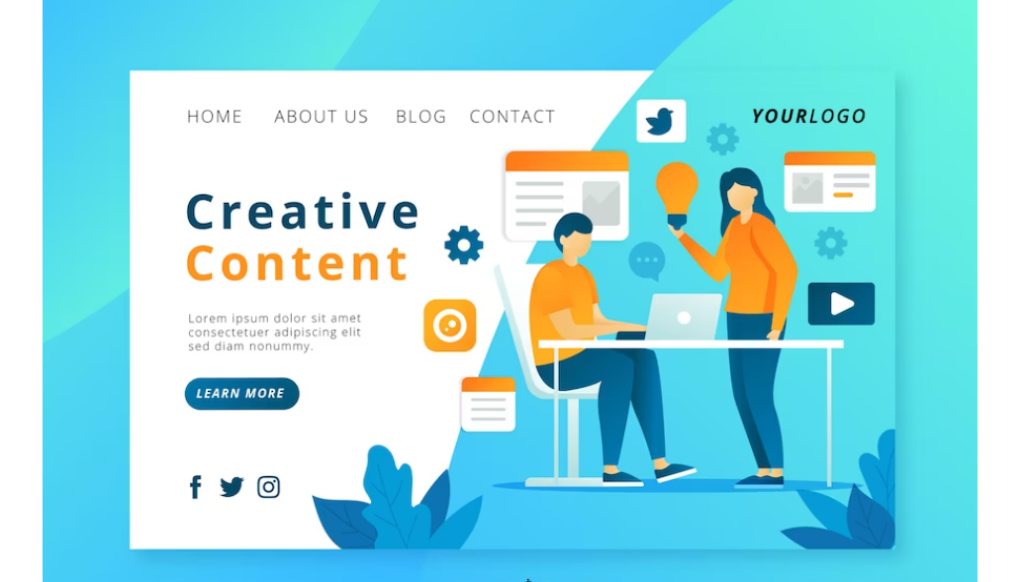
Here are some tips to help you create engaging and compelling content:
1. Crafting Visual Stories that Captivate and Resonate
Use storytelling as a promotional tool to create a narrative around your event. Explain why the event matters, highlight the benefits attendees will gain, and share the journey leading up to the event.
Visual content is highly engaging. Use high-quality images, videos, infographics, and GIFs to showcase your event’s highlights, speakers, venue, and more.
2. Utilizing Video Content to Enhance engagement
You may communicate information through video content, drawing in viewers and motivating them to take action. Videos should be engaging, concise, and provide value to your audience. Experiment with different video formats and styles to find what resonates best with your target audience and aligns with the tone of your event.
Offer a sneak peek into event preparations, venue setup, or speaker rehearsals. End your video content with a clear and compelling call to action, such as directing viewers to register for the event, visit your event page, or follow your social media profiles.
Fintech Talents Festival 2023 – Last Chance to Register!
In the video, Victor Cruz, CEO of VC Innovations, asks viewers to register for the 5th edition of the Fintech Talents Festival, which will be held from November 13th to 14th in London.
Engagement Strategies: Connecting with Attendees and Followers
Connecting with attendees and followers for event marketing on social media helps build a solid and engaged community around your brand, event, or online presence.
Implementing and adapting the following strategies to suit your audience’s preferences will help you create a dynamic and vibrant community around your brand or event.
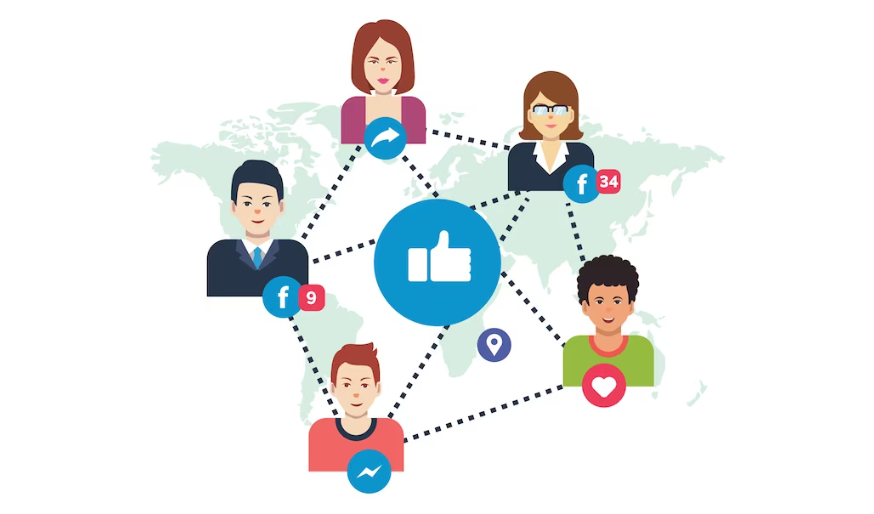
Here are some effective engagement strategies for event marketing on social media to help you foster meaningful connections:
1. Turning Attendees into Brand Advocates
Turning your attendees into brand advocates can be a powerful strategy to boost your event marketing on social media. Your reach and credibility can significantly increase when they become enthusiastic supporters who actively promote your event and brand. To achieve this, nurture their enthusiasm and empower them to share their positive experiences. Building a social network of passionate brand advocates can help you reach your marketing goals on social media.
Empower your attendees to create and share event-related content, including photos, videos, and testimonials. Showcase this user-generated content (UGC) on your official social media channels to highlight attendees’ experiences and provide authentic perspectives on the event.
Incentivize engagement by rewarding attendees who share content or refer friends to your event. Offer discounts, exclusive access, or special perks to encourage active participation.
Share recap videos, photos, and memorable moments to maintain the momentum after the event. Encourage attendees to share their key takeaways and favorite moments to keep the discussions alive.
Lastly, publicly recognize and express gratitude for your brand advocates’ support. Highlight their contributions and stories to further strengthen the sense of community and appreciation. This approach will help you maximize your event marketing on social media.
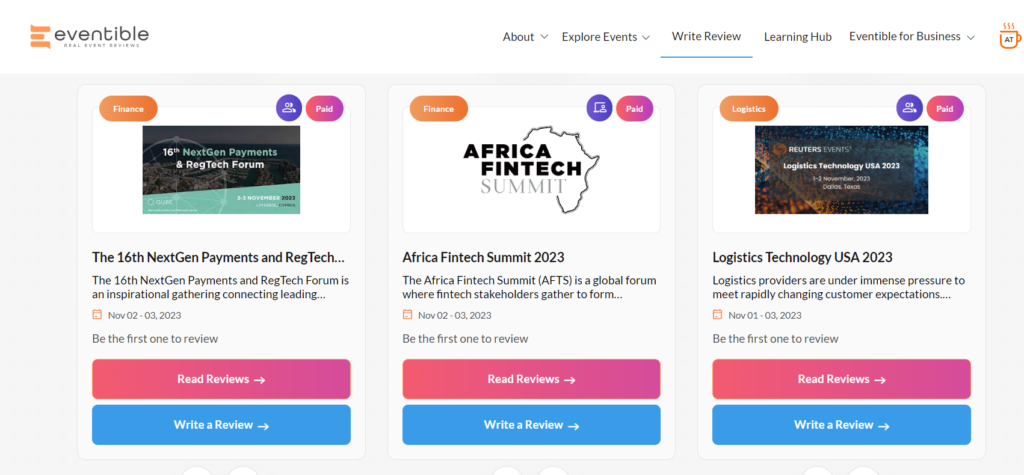
In this image, attendees are asked to share their feedback, which can act as social proof for other in this image, attendees are asked to share their feedback, which can act as social proof for other interested audiences. Such testimonials and reviews from attendees about their event experience advocate authentic endorsements on your professional social media platforms to underline the event’s positive impact.
Real-Time Coverage and Behind-the-Scenes Insights
Real-time coverage and behind-the-scenes insights are potent strategies for event marketing on social media. They allow you to engage your audience, create excitement, and provide a unique perspective that encourages participation and interaction.
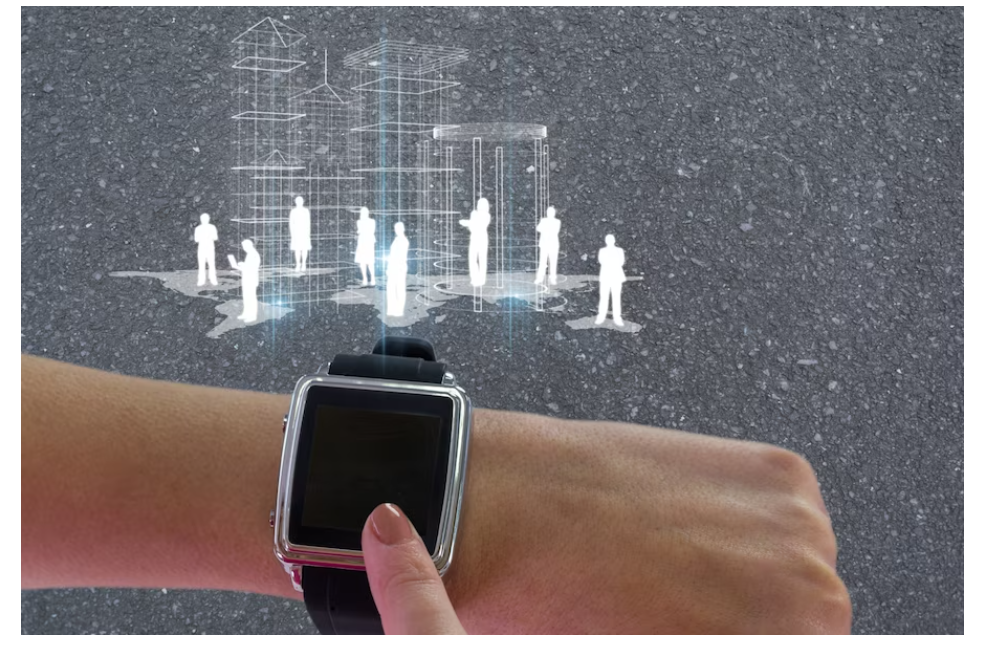
Integrate real-time coverage and behind-the-scenes insights into your event marketing social strategy. You can create an interactive and unforgettable experience for attendees and online participants, building excitement and enhancing your event’s reach and impact.
Here’s how you can effectively leverage real-time coverage and behind-the-scenes insights for your event marketing on social media:
1. The Power of Live Streaming for Immediate Event Updates
Live-streaming offers a dynamic and engaging way to provide immediate event updates to your audience.
In this example, the NEXT LEVEL B2B CX has organized online streaming where eminent industry experts will explain high-quality relationships and transactional/event customer feedback from the C-suite to the front line. Such live-streaming allows your audience to share real-time content, connect with viewers, and build a sense of excitement and participation. Live-streaming for immediate event updates can create a dynamic, engaging, and interactive experience for your audience, enhancing their connection with your event and brand.
2. Engaging Virtual Audiences through Live Event Coverage
Engaging virtual audiences through live event coverage requires a thoughtful approach to ensure your online viewers feel connected, informed, and entertained. Virtual events have become increasingly popular, and engaging live coverage can help you make a meaningful impact.
You can create a dynamic and engaging live event coverage that resonates with your virtual audience, catches their interest, and creates lasting impressions. If you want more content ideas to promote your event on social media, read our article, 27 B2B Social Media Content Ideas To Drive Success All Year Long.
Sustaining Post-Event Engagement and Follow-Up
Sustaining post-event engagement and follow-up is crucial for maintaining momentum, building lasting relationships, and maximizing the impact of your event.
Implement the following strategies to extend the impact of your event beyond its immediate time frame, foster a sense of community, and build a loyal and engaged audience that looks forward to future interactions with your brand.
Here’s an elaborate detail on effectively sustaining engagement and follow-up after your event:
1. Extending the Event Experience Beyond Its Duration
Create a section for event-related resources, including session recordings, presentation slides, and additional content for easy access for your attendees. This centralized hub ensures attendees can continue to benefit from the event’s content long after it’s concluded. You must allow attendees to catch up on missed sessions or revisit their favorite talks at their convenience. This flexibility ensures that the event’s value endures.
Host a virtual expo or exhibition that showcases products, services, and sponsors beyond the event’s duration. This extended engagement keeps attendees connected with exhibitors, providing additional value and opportunities.
You should post event content in various formats, such as podcasts, blog posts, infographics, or short videos, to cater to different learning preferences and expand the reach of your event’s insights.
Finally, keep attendees engaged by sending regular updates, newsletters, and curated content related to the event’s themes. This ongoing connection ensures the event’s impact extends beyond scheduled dates, maintaining a solid and lasting relationship with your attendees.
Eventible asks attendees to share their experiences participating in the Chicago Build Expo 2023 through this post.
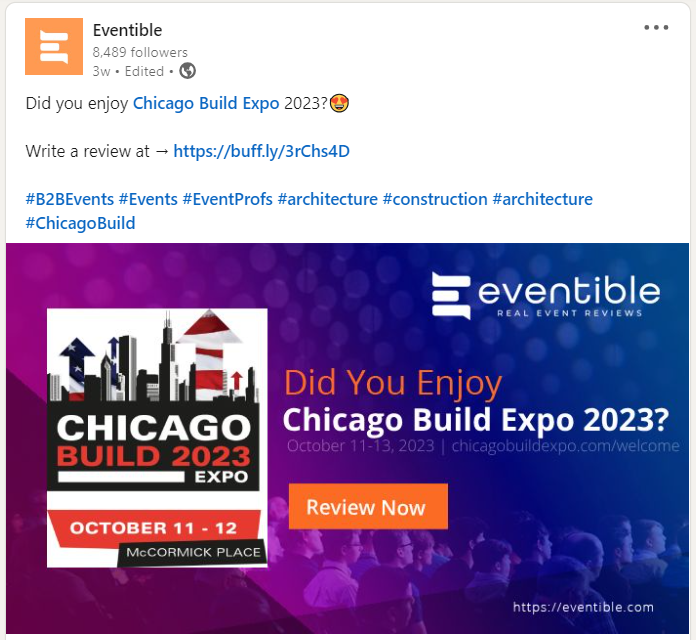
2. Sharing Post-Event Highlights, Recaps, and Success Stories
Have a systemic approach to showcase event highlights on your social media pages. Incorporate impactful photos, memorable quotes, and links to relevant resources to create a valuable reference for attendees. Additionally, consider producing a dynamic video montage that showcases the event’s most memorable moments, capturing the energy, excitement, and critical insights that defined the experience. This visual storytelling approach will provide a fresh perspective.
Gather testimonials and feedback from attendees, showcasing their experiences, lessons learned, and the value they gained from the event. Authentic perspectives from participants resonate strongly. Share real-life success stories or case studies from attendees who applied event learnings to achieve positive outcomes, emphasizing the practical impact of the event. Utilize bite-sized event highlights, quotes, and images across your social media platforms, incorporating event-specific branded hashtags to increase visibility and engagement.
Lastly, create podcast episodes featuring event speakers discussing their presentations, insights, and the event’s impact. This audio format provides an additional channel to convey the event’s knowledge and insights to a broader audience.
London Build 2021 – Show Highlights
The video shows highlights of the London Build Expo-2021. It is the biggest Festival of Construction. The video highlights 500+ inspiring speakers across eight conference stages, CPD training workshops, 350+ exhibitors, entertainment, celebrity guests, networking parties, live music, and more.
3. Expressing Gratitude and Gathering Attendee Feedback
Expressing gratitude and gathering attendees’ feedback is essential to building a positive event experience and fostering a solid relationship with your audience.
Gathering feedback helps you improve future events and shows attendees that you value their opinions and are committed to delivering a better experience. Expressing gratitude reinforces the positive relationship and encourages continued engagement.
You may send personalized thank-you emails or messages to each attendee, expressing your appreciation for their participation. Also, share a public post on social media, thanking attendees, speakers, sponsors, and partners for their support and involvement.
Although it’s an Instagram post, the Africa Fintech Summit team uses its social media as a platform to express its gratitude to its team and important stakeholders to make the event a huge success.
How to Measure the Success and ROI of Social Media Event Marketing?
Measuring success and ROI is an ongoing process that requires consistent monitoring and adjustment. You can analyze the data and adapt your strategies accordingly. You can optimize your social media event marketing efforts for maximum impact.
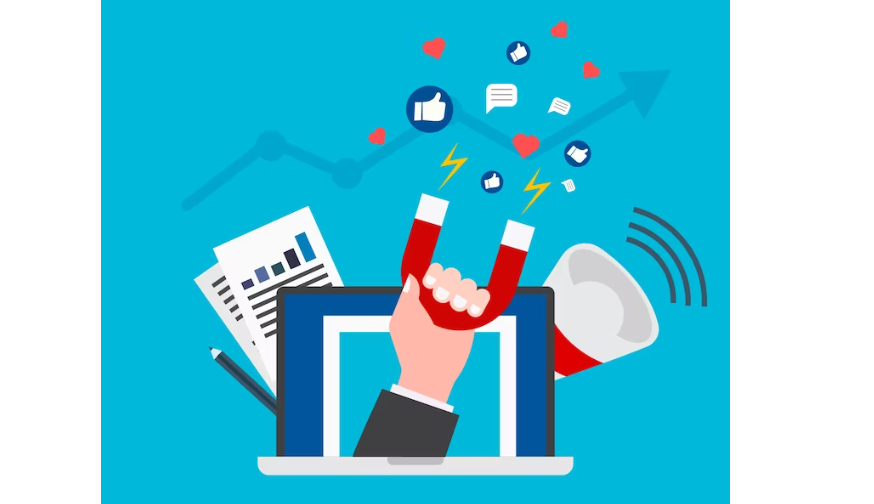
To calculate ROI, compare the total revenue generated from the event (ticket sales, sponsorships, etc.) to the total costs of your event marketing efforts (advertising spend, content creation, staff time, etc.).
The formula is ROI = (Net Profit / Total Costs) x 100.
Identify the relevant KPIs (Key Performance Indicators) for each largest social media platform and your overall event marketing strategy. Some common KPIs include
- Engagement Metrics: Use social media metrics such as likes, shares, comments, retweets, reactions, and mentions.
- Reach and Impressions: The number of people who saw your posts or content.
- Click-Through Rate (CTR): The proportion of visitors who clicked on your links or called to action.
- Conversion Rate: The proportion of visitors successfully carrying out a desired activity, such as signing up for the event.
- Website Traffic: The number of visitors to your event website from social media.
- Lead Generation: The number of leads produced by social media tools.
- Hashtag Performance: The usage and engagement with your event-related hashtags.
- Share of Voice: How much is your event being discussed compared to competitors or similar events?
Key Takeaway
With high social media content consumption, event marketing on social media is a must-have tool for marketing and promotions. It empowers brands to craft compelling narratives through easy-to-reach social media platforms. Using social media for event marketing, every moment becomes an opportunity to inspire, share, and connect globally.
Meanwhile, if you find this article helpful in the event space, you can visit Eventible for other event-related articles and information. Eventible is a review platform where attendees can leave feedback after attending an event. The reviews enable people to make informed decisions about events they would like to participate in the future. It also helps event organizers understand the attendees’ experience to develop improvements for future events.

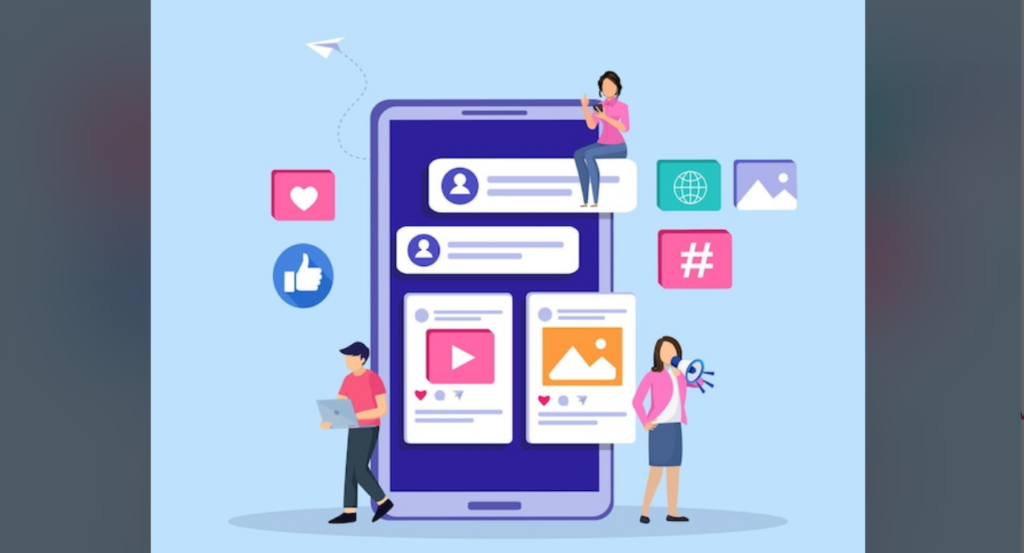
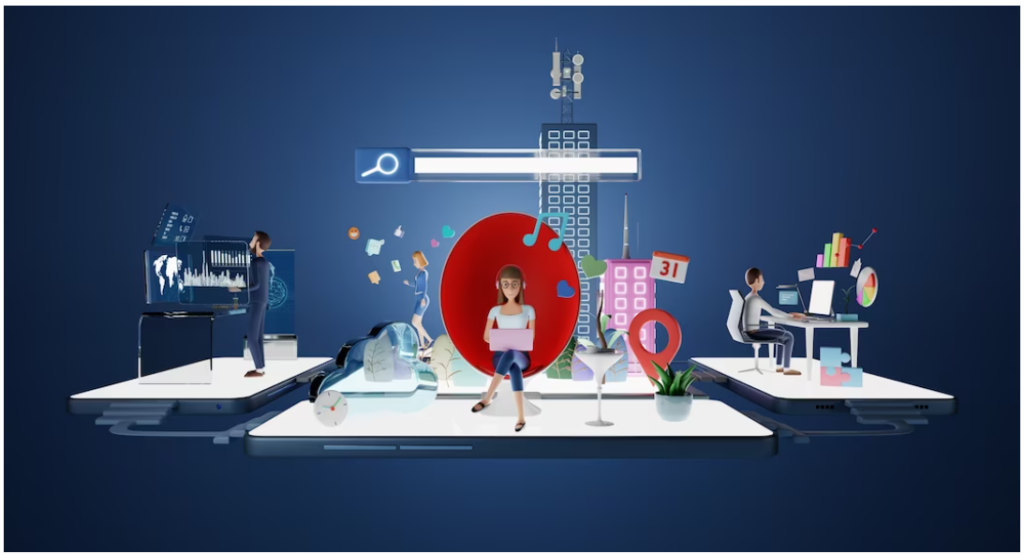

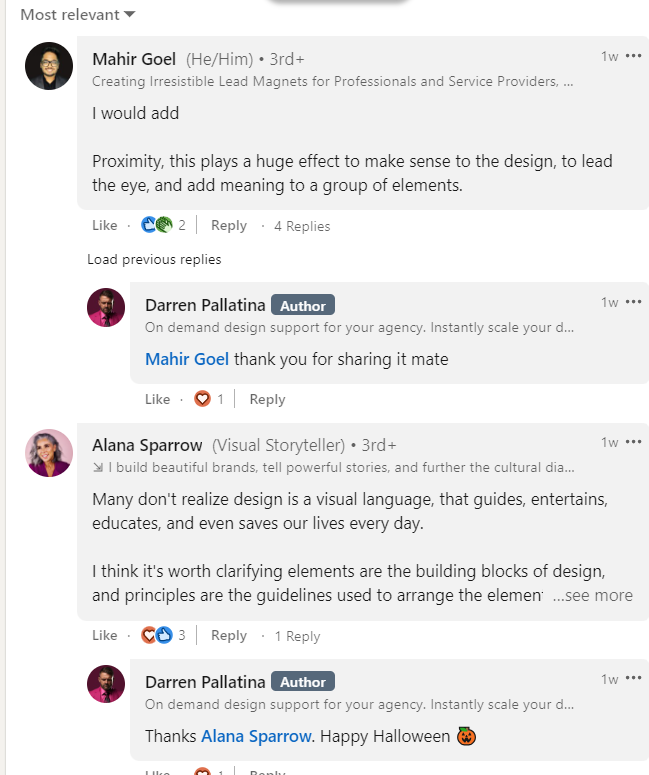
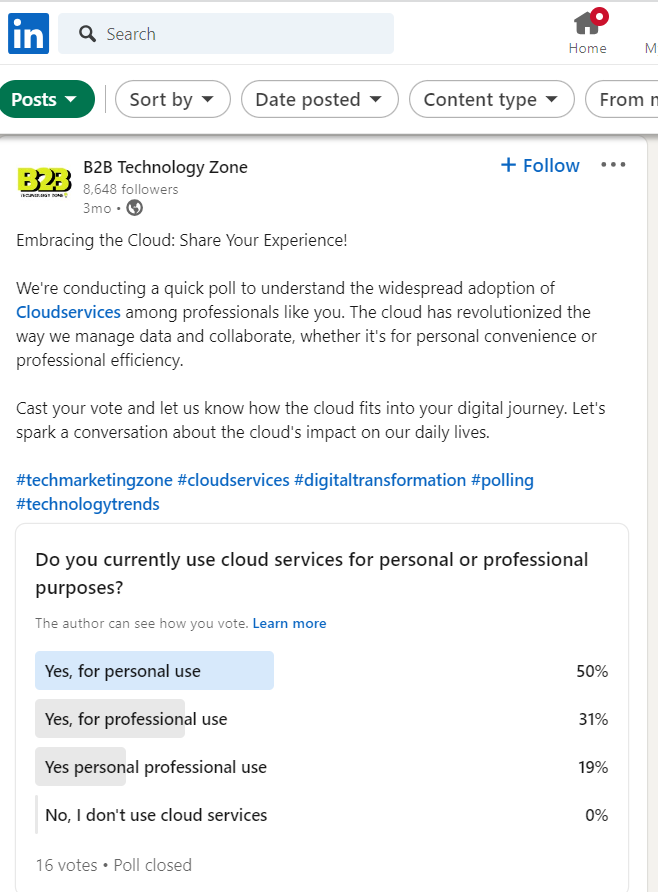
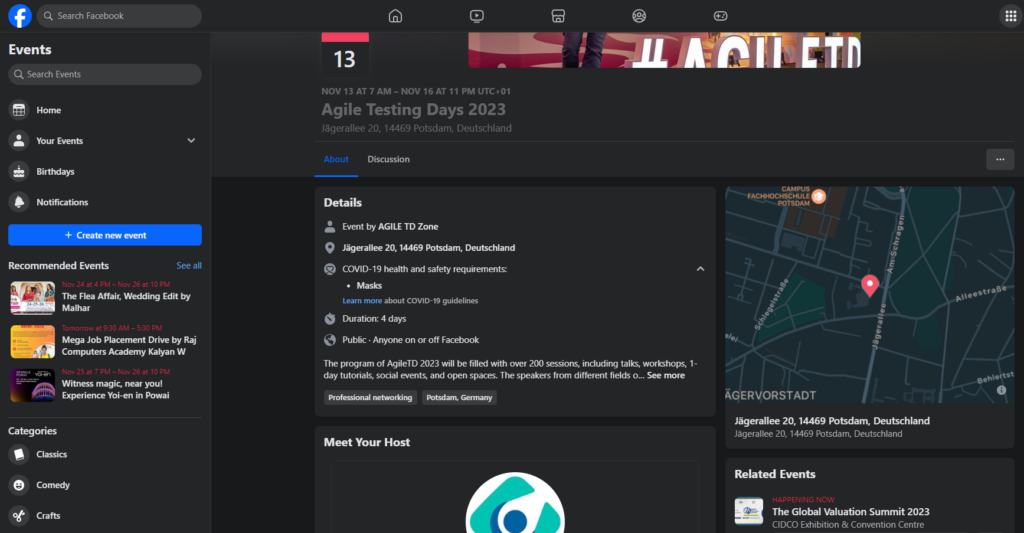
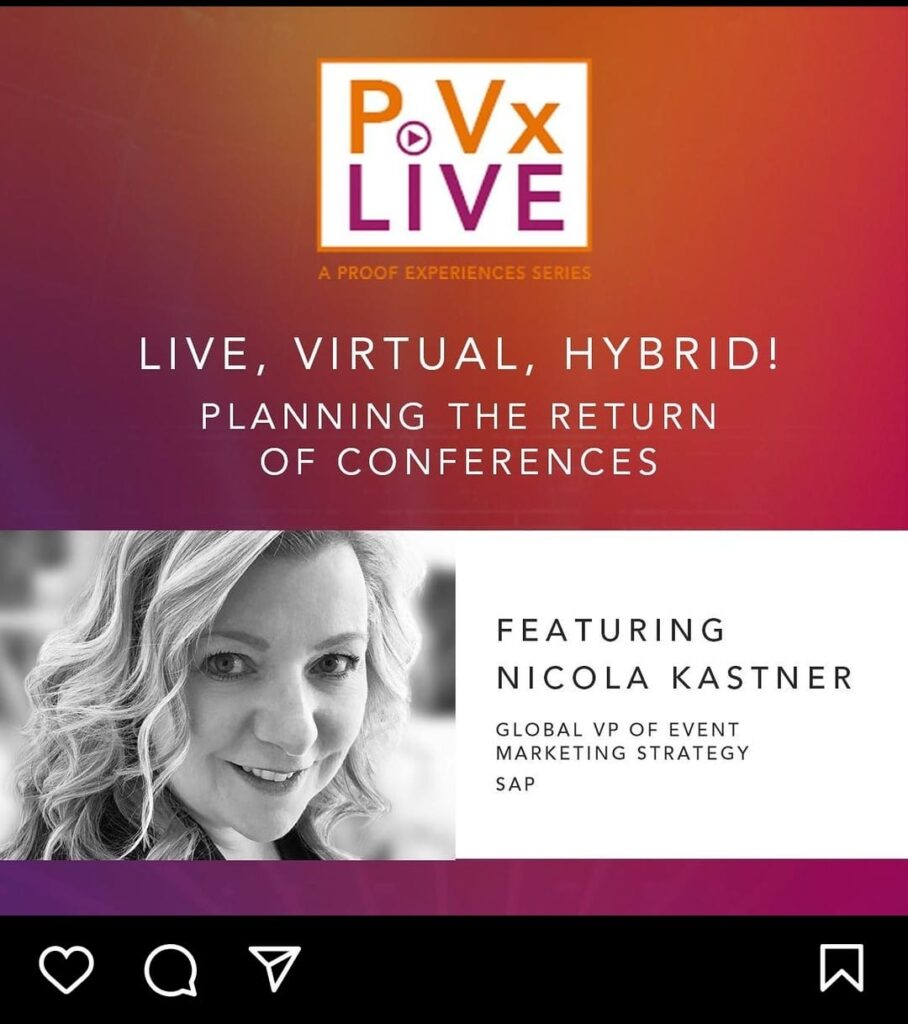

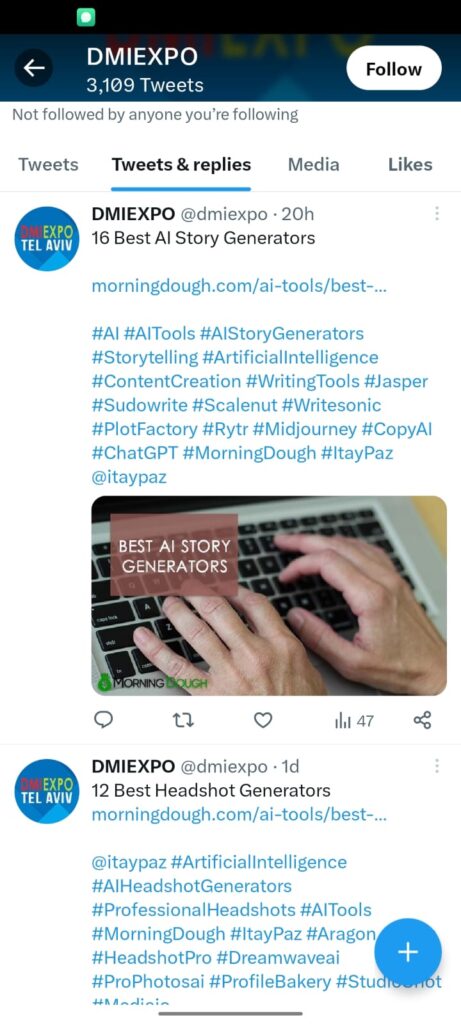


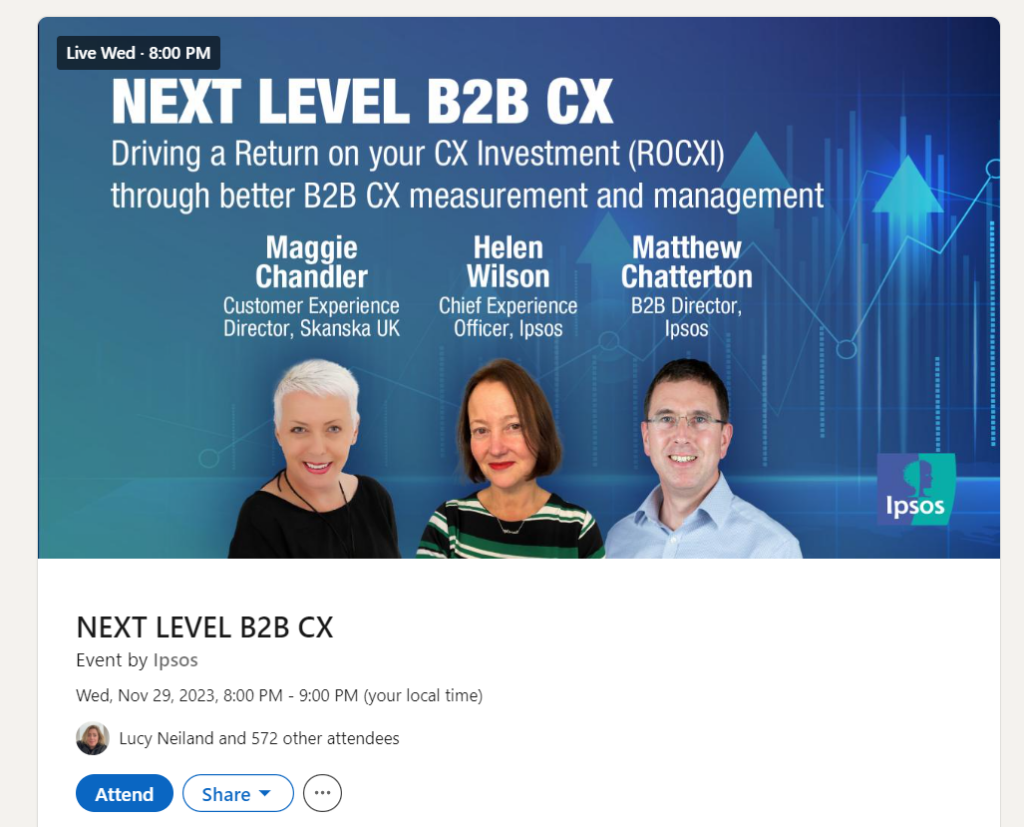

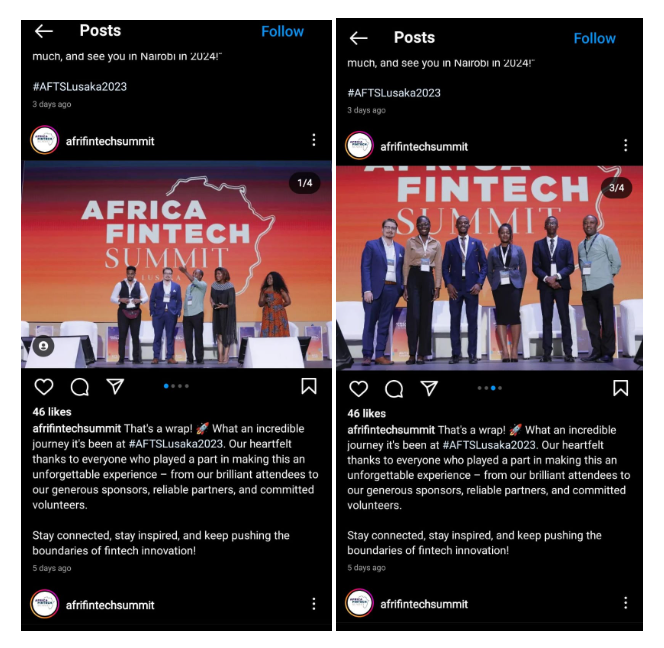

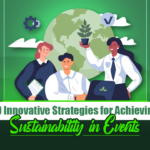

Comments are closed.